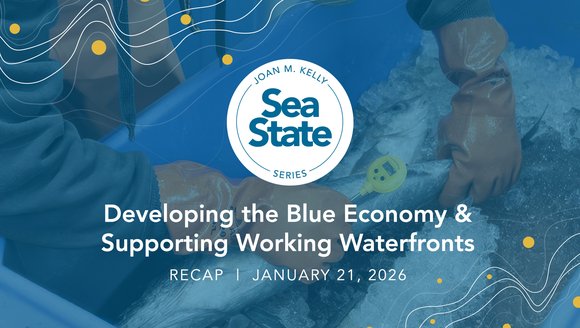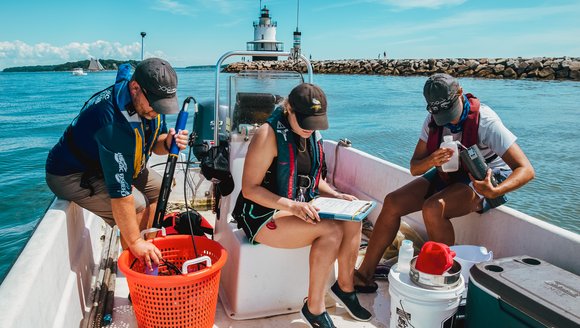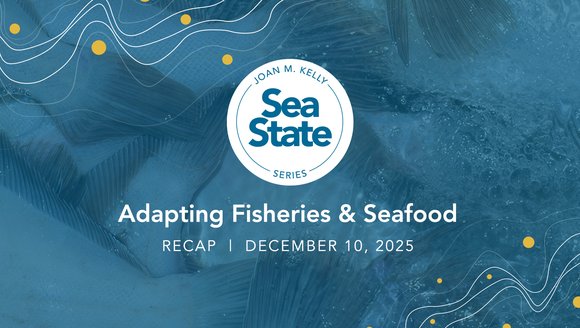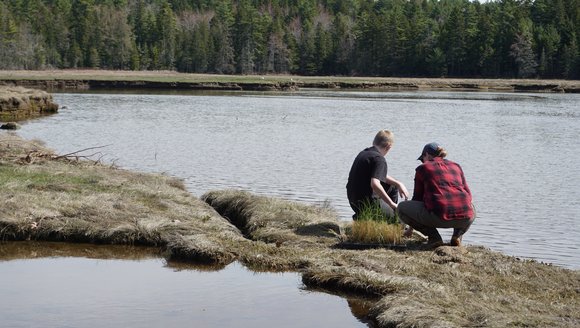Zooplankton and the Biological Carbon Pump
Quantifying the importance of zooplankton seasonal vertical migrations to the biological carbon pump.
Every year, tons of tiny zooplanktonic organisms known as copepods migrate deep in the ocean, where they hibernate during wintertime. During this hibernation (called diapause), they release carbon into the deep sea, contributing to the export of carbon from surface water to the depths. We aim to quantify the importance of this process to the global biological carbon pump, and its consequences for the Earth’s climate.
Project Goals:
- Map and quantify the populations of diapausing copepods in the Gulf of Maine and beyond.
- Quantify the contribution of different populations of diapausing copepods to the biological carbon pump, both in terms of carbon export and sequestration.
- Predict how diapausing copepods and their contribution to the biological carbon pump will shift in a warming climate.
Every year, large numbers of zooplankton migrate from the surface of the ocean to depths of 500 – 2000 m to hibernate. Through this migration, they actively transport organic carbon to the deep ocean, where it is used to fuel metabolic needs. This active transport of carbon is thought to be highly efficient, as carbon metabolized by copepods is directly injected deep into the ocean's interior. The significance of this process in view of global carbon cycling remains an open question. Out of the ~30 species of copepods that are known to perform seasonal vertical migrations globally, a preliminary analysis found enough information to compute carbon export and sequestration for only five of them, primarily located in the North Atlantic and the Southern Ocean. We found that the diapause of these five species were responsible for 0.4 – 0.8% of the global carbon export, and between 0.8 – 3.3% of total carbon sequestration.

Project Team:
-
Sea State Recap: Developing the Blue Economy and Supporting Working Waterfronts
At our latest Sea State Seminar, we turned our attention to the people and places that keep Maine’s coastal economies alive. Framed by the theme …
Perspectives
-
2025 Research Progress Update
Each year, to keep you updated on our research team's progress, we develop an update showcasing some of our lab's achievements. More broadly, this update …
Reports
-
Sea State Recap: Adapting Fisheries & Seafood
In this installment of the Sea State series at the Gulf of Maine Research Institute (GMRI), we hosted a conversation about how collaboration and shared …
Perspectives
-
Community Science Wrapped 2025
Understanding how climate change is reshaping the Gulf of Maine, and New England at large, depends on steady, long-term observations — the kinds that reveal …
Perspectives



